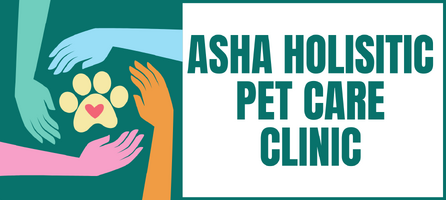Diet plan blogs
Welcome to our veterinarian-approved diet plan! As a caring pet parent, providing the right nutrition is vital for your furry friend's well-being. Our carefully crafted diet plan focuses on balanced meals, essential nutrients, and portion control to maintain a healthy weight and support overall health. Your dog deserves the best, and we're here to guide you on this journey to a happier and healthier life together. Let's wag our way to a wholesome and tail-wagging diet for your beloved companion!
Grooming blogs
Treatment blogs
Gastritis Treatment in Dogs: Caring for Your Furry Friend's Tummy Woes
 Introduction
Introduction
Gastritis, an inflammation of the stomach lining, can be as troublesome for dogs as it is for humans. When your beloved canine companion experiences gastritis, it's essential to address the issue promptly to ensure their well-being and comfort. In this blog, we'll explore the causes, symptoms, and effective treatment options for gastritis in dogs.
Causes and Symptoms
1. Vomiting: Dogs with gastritis may experience recurrent vomiting, especially after eating or drinking.
2. Loss of Appetite: Gastritis can cause a decreased interest in food or a complete loss of appetite in dogs.
Treatment Options
Conclusion
Gastritis in dogs can be distressing for both the pet and their owner. Early detection and proper treatment are crucial for a successful recovery. Remember always to consult your veterinarian if you suspect your dog has gastritis or any other health issue. By providing your furry friend with love, care, and timely medical attention, you can ensure they lead a happy and healthy life, free from gastric discomfort.
